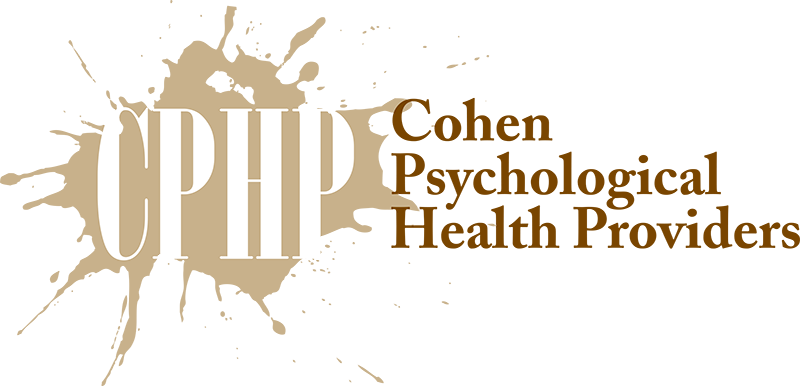Therapeutic Placement Consultation–TPC
What is TPC?
Sometimes the traditional weekly “therapy hour” is ineffective in helping people make important changes in their lives. Therapeutic Placement Consultation involves helping individuals and families access the help they need. Finding effective therapy for those who might benefit from a more intensive, consistent, in-depth treatment often means finding a therapeutic wilderness program, a residential treatment program, a therapeutic boarding school, or a transitional living program that matches the patient’s clinical and personal needs. These programs typically serve adolescents and young adults.
At therapeutic programs, individuals receive an intensive level of treatment that cannot be matched by traditional therapy. Treatment usually includes of a variety of modalities such as medical/psychiatric, individual psychotherapy, group psychotherapy, substance abuse groups, academics, vocational training, and therapeutic milieu. Many programs also employ additional therapies including art, exercise, equine, canine, hiking, camping, music, and more. Finally, it is commonly understood that individuals who utilize these approaches to treatment often benefit from attending more than one program; examples might include a wilderness program (eight-ten weeks) followed by more extensive treatment at a residential treatment program or a therapeutic boarding school.
There are hundreds of programs in the United States, each offering different services from different providers. In order to increase the likelihood of a successful therapeutic placement, it is essential to have an understanding of what constitutes a good fit between the individual requiring treatment and a given program. At Cohen Psychological Health Providers, Dr. Cohen’s therapeutic placement services provide expert guidance in matching patients’ and their families with programs.
PLEASE NOTE: These programs are NOT BOOT CAMPS. The programs are NOT approaching participants in abusive ways and are NOT based on confrontation or punishment. In fact, today’s programs emphasize the participants’ ability to learn new ways of thinking in order to make healthy, well thought-out choices; a new skill for many attendees.
There is a large body of research that demonstrates how positive, effective, and powerful these programs can be. For more information about this research, visit the Outdoor Behavioral Health Research Cooperative at http://www.obhrc.org.
What I provide
- I provide 12 months of support & consultation under one contracted fee; everything I do is included under one fee
- I schedule an intake appointment quickly, often within 24-48 hours
- I conduct a comprehensive clinical interview & information gathering session
- I contact previous health care providers, read past assessments, speak to hospitals, schools, & all other relevant people
- I contact treatment facilities & assess their appropriateness for your loved one
- I compile a list of the best possible placement options
- I provide a thorough explanation of why the possible placements are selected
- I provide support in completing applications to the selected treatment facility
- I establish transportation support (if necessary)
- I communicate frequently with the clinical staff at the treatment facility
- I can complete placements within one week (if necessary)
The benefit of using me as your consultant
- I have established relationships with many treatment programs; they trust my diagnoses & clinical acumen
- I have personally visited dozens of programs, met their clinical staff, & witnessed first-hand how they operate
- Through frequent attendance at networking events I have established professional relationships with many people in the industry
- Looking for programs online only provides basic information; understanding the nuances of each program requires the type of expertise I have acquired over the years
- Many programs require a consultant be involved in the placement process because they know it is too difficult for lay people to successfully navigate the maze of information
- As a doctor with professional relationships, I have access to unique resources & information
Types of treatment programs:
- Wilderness Programs
- Residential Treatment Programs
- Therapeutic Boarding Schools
- Sober Living Houses/ Transitional Living Houses
- Substance Abuse-Intensive Outpatient Programs
- Mental Health-Intensive Outpatient Programs
- Young Adult Programs
- Adolescent Programs
- Male Only, Female Only, Coed Programs
Sub-specialty treatment programs:
- Autism Spectrum Programs
- Attachment Focused Programs
- Substance Abuse Focused Programs
- Anxiety Focused Programs
- Equine Focused Programs
- Canine Focused Programs
- Trauma Focused Programs
- Emotional Regulation Focused Programs that use Dialectical Behavioral Therapy (DBT)
- Behavioral Acting-out Focused Programs

